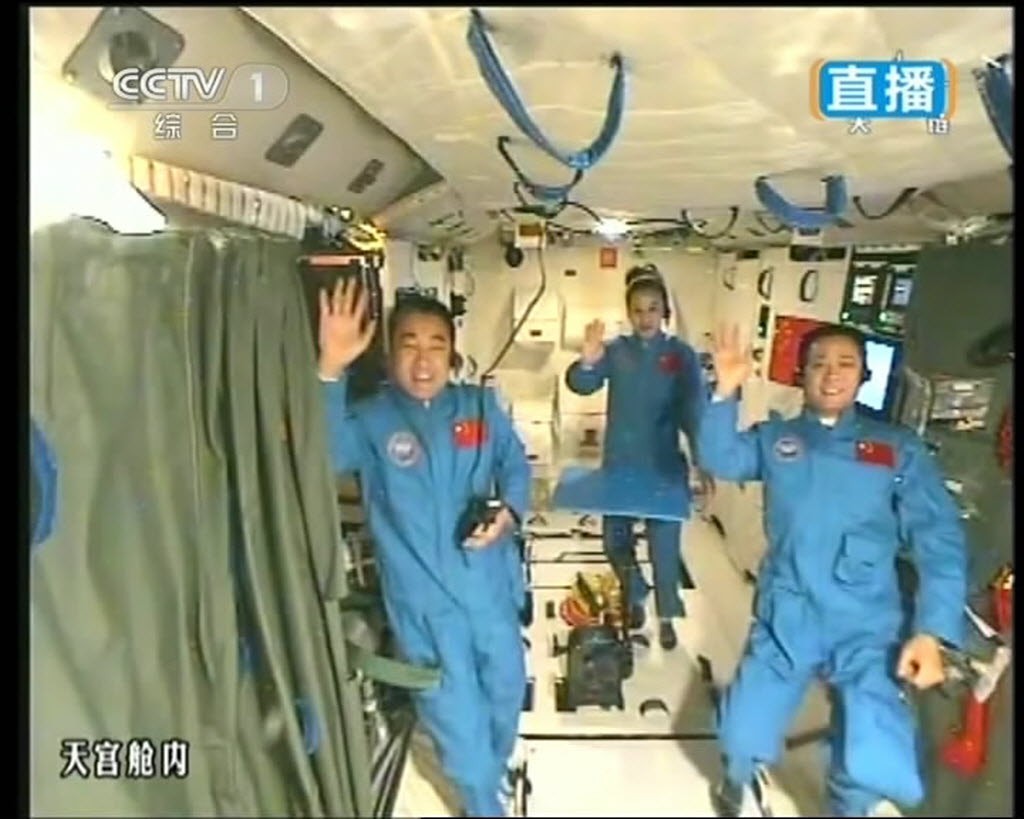Advertisement
Advertisement

Chinese space station crashing from sky soon
Tiangong-1 faces a fiery demise but you shouldn’t worry
This article originally appeared on ABACUS
China’s first ever space station is forecast to plunge through the Earth’s atmosphere in just a few weeks -- and some of it may reach the surface.
Tiangong-1 was launched in 2011 as a prototype so China’s space program could prepare for a bigger, permanent space station in 2022. Under the original plan, it was supposed to retire in two years -- but China kept it in orbit well beyond the deadline.
But then engineers lost contact with the space station. In September 2016, a senior official told state media that Tiangong-1 had “ended its data service” and would fall back onto the Earth.

Experts believe most of the station will burn up on re-entry. But there’s no way to tell where any wreckage will fall until one day before it happens. Right now, the European Space Agency predicts it can land anywhere between 43 degrees North and 43 degrees South latitude.
That’s a large area that includes big US cities like New York, Los Angeles and San Francisco, as well as most of China itself including Beijing. But before you worry, remember that more than 70% of the Earth is covered by water -- and the urban population only live on 3% of the world's land surface. The chance of anyone getting hit by debris is minimal.
Meanwhile, China’s second space station is doing better. Tiangong-2 is still in orbit following its launch in 2016, and successfully docked with China’s first cargo spacecraft last year.
For more insights into China tech, sign up for our tech newsletters, subscribe to our Inside China Tech podcast, and download the comprehensive 2019 China Internet Report. Also roam China Tech City, an award-winning interactive digital map at our sister site Abacus.

Post
